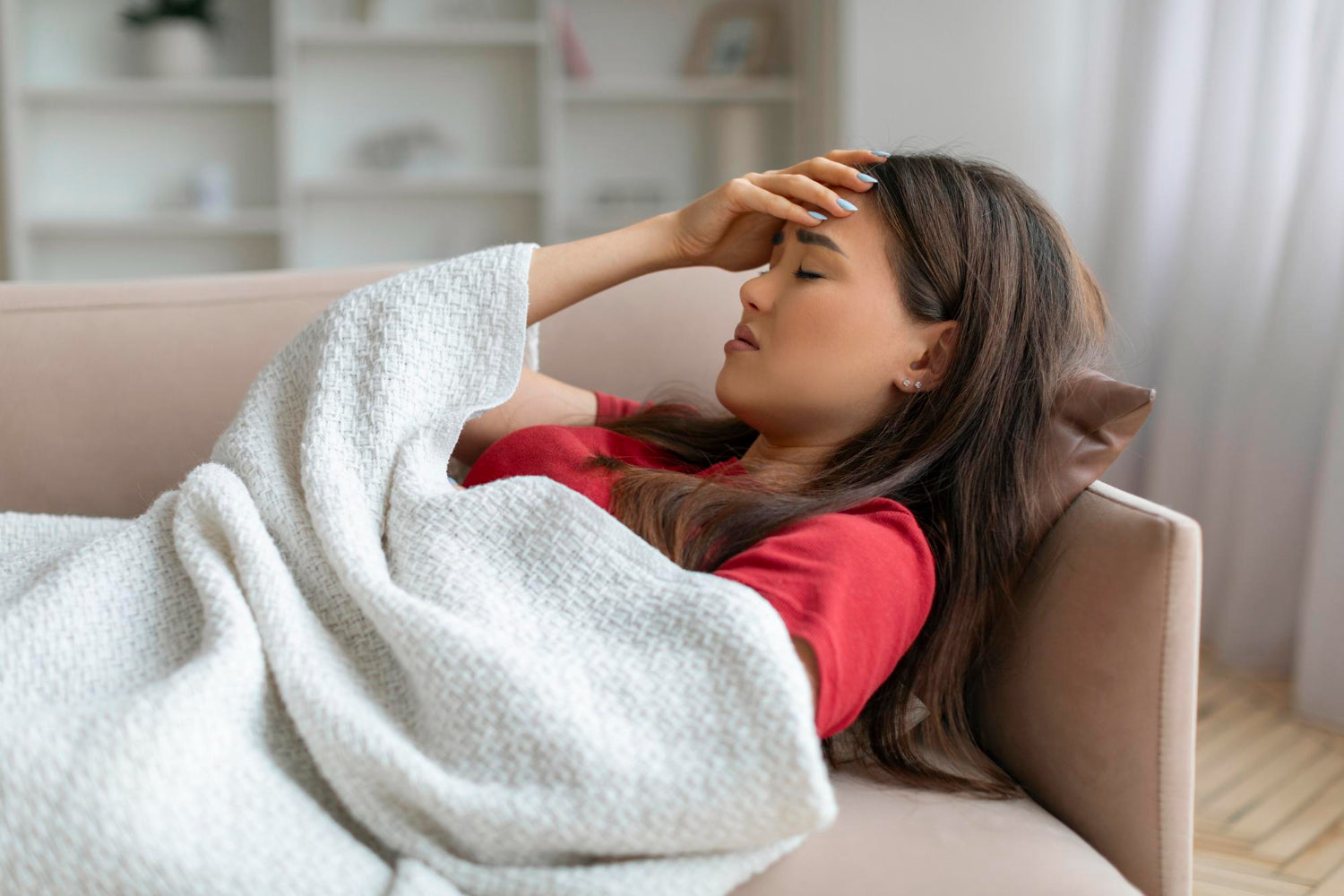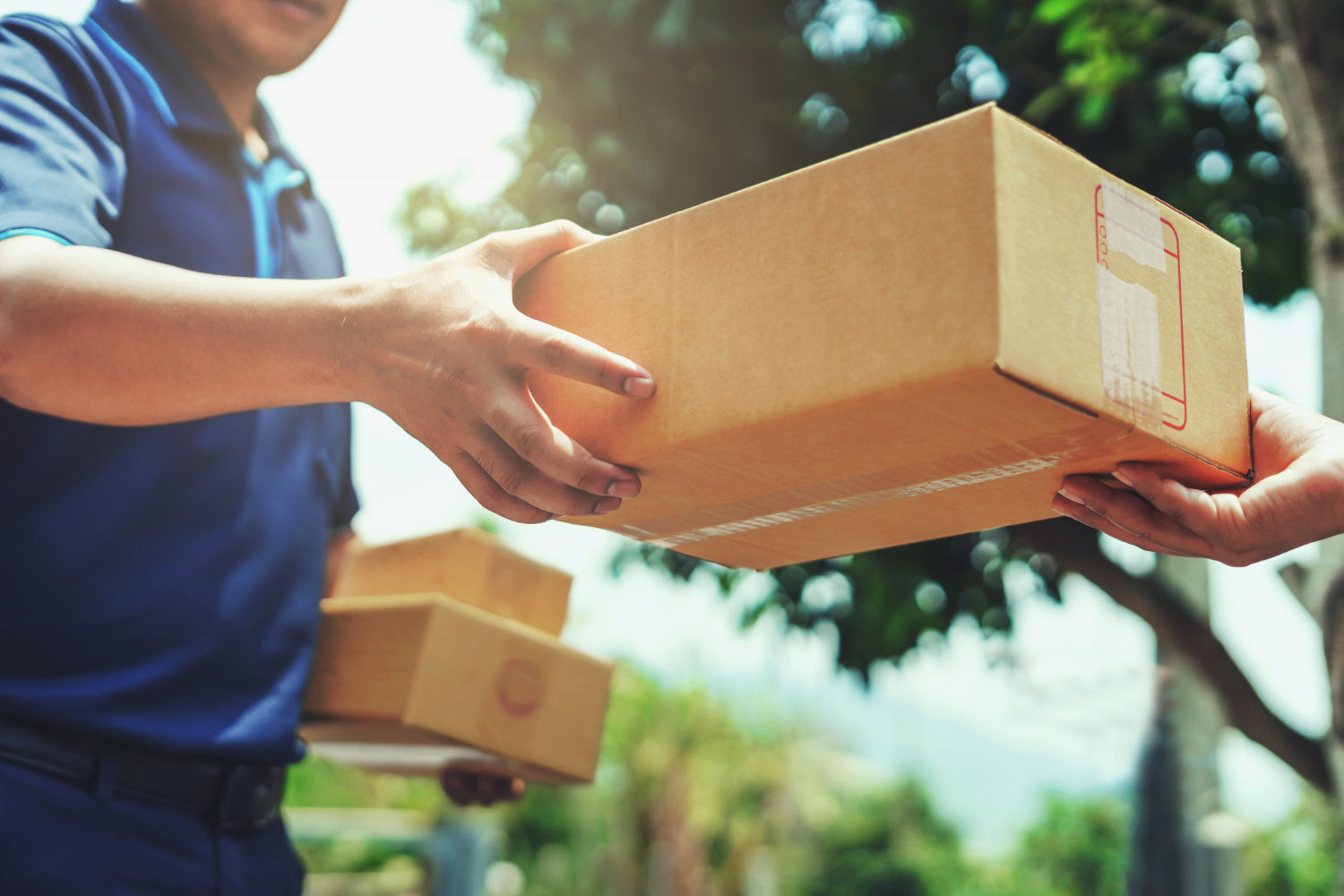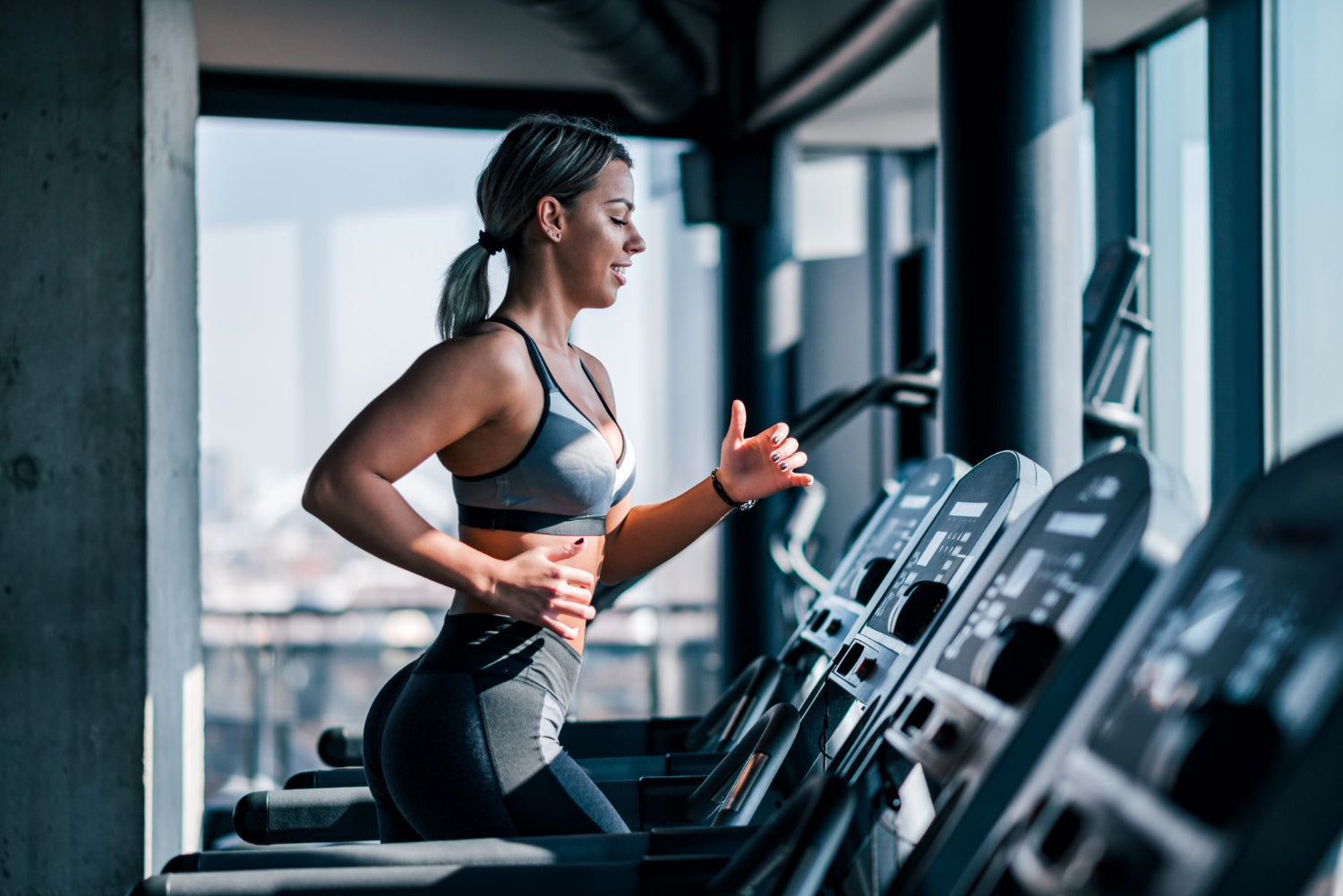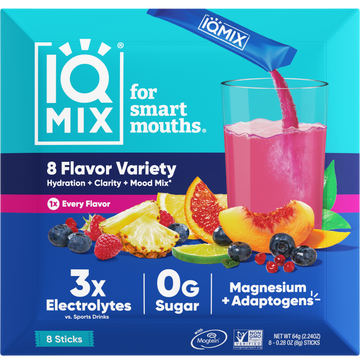Besides stealing our sunshine and souring our moods, hangovers make our heads throb and our stomachs turn inside out. So how do you fight one when stuck in its evil clutches?
Sleep it off? Greasy breakfast delivery? Cobble together the makings of a Bloody Mary from your fridge (hair of the dog, right?).
Spoiler alert: none of those supposed hangover cures actually work. That’s why we’re sharing a better option: electrolytes.
Sure, they can’t undo your questionable dance moves or karaoke choices from the night before. But they may be the hangover helper your brain and body need to return to normal.
So let’s explore why alcohol makes you hurt so bad and how to use electrolytes to ease the pain.
What Actually Causes a Hangover?
Science says a hangover is a combination of mental and physical symptoms that appear after drinking too much alcohol.[*] These symptoms manifest when your blood alcohol concentration (BAC) drops and steadily worsens as your BAC gets closer to zero.[*]
Symptoms of a hangover typically include:[*][*]
- Headache
- Thirst and dry mouth
- Sleepiness
- Nausea, stomach pain, vomiting, and reduced appetite
- Concentration problems/confusion
- Pounding/racing heart or abnormal blood pressure
- Shaking, shivering, and sweating
- Fatigue, weakness, and muscle aches
- Dizziness/vertigo
- Sensitivity to light or sound
- Anxiety, irritability, apathy, and depression
Hangover symptoms vary depending on your body type, how much you drink, alcohol tolerance, and more. They can last 24 hours or even longer.
Each alcoholic beverage you consume during a day or night of drinking increases the severity of your hangover later. Here’s what actually turns party time into payback time:
Dehydration
Dehydration strikes when you lose more fluids and electrolytes than you take in.[*] Partying on a hot beach, tailgating on a humid day, or sweating on the dance floor all deplete fluids and electrolytes. Alcohol makes these losses even worse.
Alcohol is a diuretic, which means it makes you pee more (especially after you “break the seal”). Specifically, it stops the release of vasopressin.[*] Your brain produces this hormone to tell your kidneys to hold onto your vital fluids.[*] Once alcohol turns off vasopressin, your kidneys let the faucet run.
You can lose up to a quart of urine in the hours after having four alcoholic drinks![*] That’s why alcohol use often leads you to the dehydration disaster zone. And if your morning-after misery includes diarrhea, excessive sweating, or vomiting, your dehydration status gets turned up to 11.
Electrolyte Imbalance
Lose all those fluids via dehydration, and you also flush away critical electrolytes. Electrolytes are essential minerals that carry an electrical charge in your body.[*] They’re involved in everything from conducting nerve impulses and regulating muscle function to maintaining your heartbeat and overall fluid balance.
The major electrolytes include sodium, potassium, magnesium, calcium, chloride, and phosphorus. Low electrolyte levels can lead to many of the same symptoms you’ll experience during a hangover, including:[*]
- Headaches
- Nausea
- Muscle cramps and weakness
- Swelling
- Fatigue
- Heart palpitations/irregular heartbeat
- Lightheadedness
- Irritability
Toxins and Other Unfriendly Compounds
Alcohol (ethanol) gets metabolized in your liver before it’s pushed out of your system.[*] The first step breaks down ethanol into acetaldehyde, a highly toxic yet short-lived byproduct.[*] You can also blame acetaldehyde for your nausea, vomiting, headache, and fatigue.[*]
Other compounds in alcoholic beverages are less toxic though still irritating, such as:[*]
Inflammation
Inflammation contributes to headaches, muscle aches, and that overall Why am I being punished for my good time? vibe.
Once your that toxic acetaldehyde gets detected, your immune system kicks into high gear to get rid of it, skyrocketing inflammation in your liver, pancreas, brain, gastrointestinal tract, and other organs.[*][*] This process sheds light on why alcohol consumption causes the oxidative stress responsible for cell, tissue, and organ damage.[*][*]
Considering this inflammatory response, you may be wondering:
Do Pain Relievers Minimize Hangovers?
Over-the-counter nonsteroidal anti-inflammatory pain relievers (NSAIDs) can help relieve the inflammation alcohol drives, easing headaches and achiness.[*]
However, NSAIDs like ibuprofen (Motrin or Advil), naproxen sodium (Aleve), and aspirin can also irritate your stomach, cause diarrhea, and increase nausea. Other potential side effects? Headaches, drowsiness, and dizziness — kind of what you're trying to get rid of.[*]
Avoid taking any medicine for your hangover that contains acetaminophen (such as Tylenol). Acetaminophen and alcohol both get processed in your liver. Too much lingering alcohol here, combined with a high dose of acetaminophen, could be toxic and cause liver damage.[*][*]
So, let’s talk about a safer, more effective way to beat the hangover beast.
The Do’s and Don’ts of Using Electrolytes for a Hangover
There’s no reason a hangover should ruin your weekend (or make a Monday worse). Follow these tips for leveraging electrolytes for a hangover the smart way:
Don’t Just Hydrate with Plain Water
Water is your best friend when it comes to replenishing lost fluids post-drinking. Aim for 16–20 ounces after waking up with a hangover, followed by sips throughout the day.
But hydration is about more than just water. Chugging plain H2O will flush out water and what little electrolytes you have remaining. Now we’re talking overhydration, which occurs when you have too much water and too few electrolytes in your system.[*]
Overhydration is one of the top causes of electrolyte deficiency. And when you’re already suffering from low electrolytes, it’s the last thing you need. A better solution?
Do Rehydrate with Electrolyte Supplements
Rehydration helps you restore and maintain optimal fluid and electrolyte balance. You can find electrolyte powders, tablets, supplements, and even gummies these days to deliver those essential electrolytes you lost after drinking alcohol.[*]
Electrolyte replacement increases blood flow, escorting essential nutrients throughout your body to speed up recovery and reduce hangover symptoms.[*]
We prefer hydration mixes you add to water since they’re easy for your body to absorb and allow you to simultaneously knock out two issues responsible for your hangover (dehydration and low electrolytes).
Don’t Reach for Sugary Sports Drinks or Pedialyte
Choose your electrolyte drinks wisely. Classic sports drinks (like Gatorade and Powerade) or Pedialyte are not your ticket to wellness.
Read those labels, and you’ll find artificial colors connected to potentially toxic effects on the brain, liver, kidney, lungs, glands, and more.[*][*] There’s also 10–40+ grams of sugar and carbohydrates per bottle, many of which are artificial sweeteners that have been linked to:[*][*][*]
- Sugar cravings
- Overeating and weight gain
- Poor gut health
- Elevated stress levels
- Irritable moods, anxiety, and depression
- Headaches and migraines
- Insomnia
- Increased cancer risk
Science shows you don’t need sugar to boost hydration or electrolyte absorption.[*][*][*] So why get on the sugar roller coaster and suffer the eventual sugar crash when you’re already feeling your worst?
💦 Dive into the research behind Why You Should Opt for Electrolyte Drinks Without Sugar.
Do Leverage Electrolytes Before You’re In Hangover Territory
You can harness the power of electrolytes to minimize how hungover you’ll feel the next morning.
Now that you know the benefits of drinking water with electrolytes for hangover prevention and relief, let’s get tactical.
⚡ IQMIX: Skip the Suffering, Sip the Solution
Each sugar-free, delightfully refreshing IQMIX hydration mix delivers 3x the electrolytes of sports drinks. They’re also packed with brain and body nutrients to help you feel your best.
Stash a slim, super portable sleeve in your pocket or purse before you head out to make those between-beverage waters potential hangover preventers. Then, use the bundle in your pantry for all-day hangover recovery.
😎 Our highly-rated Peach Mango, Blood Orange, Blueberry Pomegranate, and Lemon Lime flavors make hangover relief easier than remembering what you did last night.
Cheers To Feeling Human Again!
The best hangover cure is to avoid getting one in the first place. But if you’ve imbibed too much and wind up in the hangover zone, don’t despair. Replenishing your electrolytes may be a helpful step toward feeling less crummy and reclaiming your day. Just don’t use them as a free pass to push your limits every time you drink — your liver would hate you (and us).
😅 Don’t sweat the regret; replenish and reset with IQMIX! Not sure which flavor your hangover tummy will agree with? Test the waters with the IQMIX Variety Pack!
Written by Lauren Ciccarelli, a writer and research geek passionate about low-carb nutrition, mental health, and meditation. Her 2,500+ articles empower doers with science-backed tips for leveled-up living.




